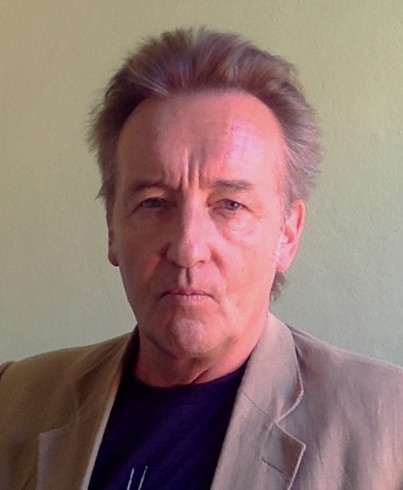Former British ambassador to Russia, Sir Tony Brenton, reportedly accused the rest of Europe of lacking in support for Britain.
"The European Union will once again fail to help the UK in its fight against Russia after a former Russian spy was allegedly poisoned in Salisbury, according to former ambassador Sir Tony Brenton," reported the Daily Express.
Another former British foreign office advisor claimed that because of the EU's bitter wrangling with Britain over the Brexit "the Kremlin was taking advantage of the UK's lack of allies in the US and EU, and its inability to do much about the Skripal case."
This logic implicating Russia is unhinged. But the telling aspect is the seeming intended effect of embroiling Europe in a wider antagonistic response to Moscow.
Admittedly, the following discussion here is speculative. But it's worth a posit.
Last week, the US-led political campaign to scupper the Russia-EU Nord Stream 2 project was given renewed impetus.
The $11 billion, 1,200-kilometer gas delivery pipeline is nearing completion next year.
Foreign ministers from Poland, Estonia, Lithuania and Latvia were in Washington DC to meet with US Secretary of State Rex Tillerson on the specific subject of the Nord Stream 2, and how it might be cancelled, reported Voice of America.
Poland and the Baltic states are advocating for US supply of gas to replace the traditional European source from Russia. The issue is of huge strategic importance. US President Trump has been vocal in his support for the European states switching to American gas exports, even though that would work out much more expensive for European consumers.
The Nord Stream 2 project is a partnership between Russian state-owned Gazprom and five private energy companies from Britain, Germany, France and Netherlands.
But the project has been buffeted by the political repercussions over allegations against Russia concerning Ukraine, Crimea and purported "interference" in US and European elections.
The German and Austrian governments are strong backers of the new gas network with Russia. Last week, Austrian President Sebastian Kurz was in Moscow where he met with Vladimir Putin and expressed his support for the Nord Stream 2.
However, apart from Poland and the Baltic states which are marked by vehement anti-Russian ideological politics, there are also elements with the EU administration which are similarly opposed to the Nord Stream supply. It is claimed, they say, that such an arrangement will give too much leverage to Moscow over European affairs. Such advocates tend to be pro-NATO and pro-Washington.
The point is that the campaign to undermine the Russian-EU gas partnership has come with renewed impetus -- as seen in the delegation last week to Washington by the Polish and Baltic government ministers. Of course, they are pushing at an open door. American state interests are wedded to the objective of knocking out Russia as Europe's gas supplier.
Now then, the timing of an assassination bid in England which is framed on Russia comes at a convenient moment in the strategic tussle over Europe's global energy market. It seems significant that pressure is being brought to bear on the EU "to get tough" on Moscow over the alleged attempted murder of the exiled Russian spy. The "get tough" response being sought could be cancellation of the Nord Stream 2 gas project.
If that stands up as a motive for the latest attempt to cleave EU-Russian relations, then our focus on the likely perpetrators shifts to the following: American state agents, possibly working with British and Eastern European accomplices, in trying to kill Sergei Skripal and his daughter, with the purpose of blackballing Moscow.
(Note: You can view every article as one long page if you sign up as an Advocate Member, or higher).





